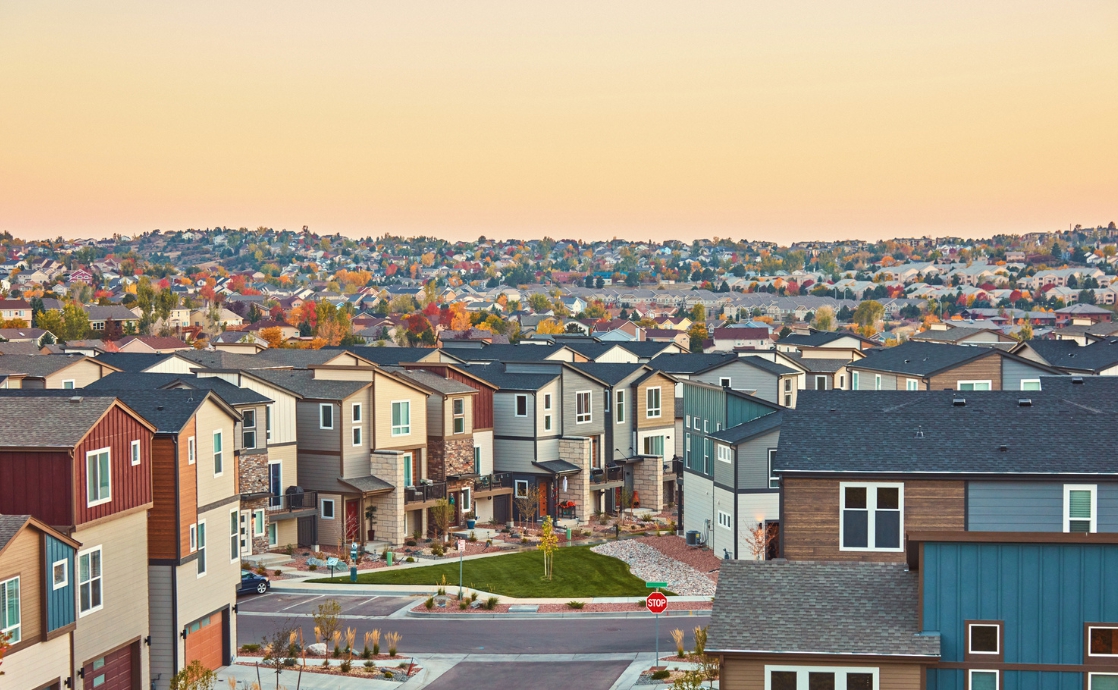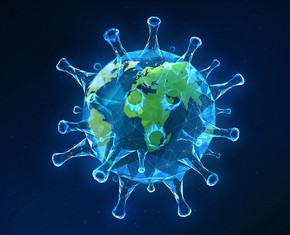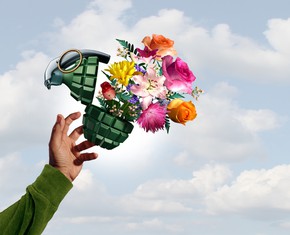The views expressed in our content reflect individual perspectives and do not represent the authoritative views of the Baha'i Faith.
I had no input as to the color or better yet, pigment of the skin which covers the sausage-like components which comprise the rest of me.
I was born into a big family with seven other young mouths to feed on a New York City patrolman’s salary.
My birth certificate defined me as a Caucasian male who weighed 12 lb. 9 oz. My mother, the former Josephine Beltran, had given birth to eight healthy children over the course of approximately 12 years. As practicing Catholics, my parents chose to follow their religious tenets and lived their faith.
According to the genetic analysis from 23 and Me, I am 56% Irish/English, approximately 25% Scandinavian (mostly Norwegian/Swedish), and then a mixture of German/French/Spanish. Or, as Bill Murray aptly put it in the film “Stripes,” my ancestors “had been kicked out of every self-respecting European country.”
RELATED: How We Can Create Positive Race Relations in the US
Like the aforementioned Mr. Murray, I am very much an American mutt, a badge of honor for the working class. But 23 and Me does point out that we all began in the cradle of civilization in Africa – which pleases me as well. Scientifically and spiritually, humanity is one, as the Baha’i teachings have long proclaimed, and as Abdu’l-Baha wrote:
… all are even as a single heart, a single soul. … I beg of God to strengthen these spiritual bonds as day followeth day, and make this mystic oneness to shine ever more brightly … that they may strive with all their might until universal fellowship, close and warm, and unalloyed love, and spiritual relationships, will connect all the hearts in the world. Then will all humankind, because of this fresh and dazzling bounty, be gathered in a single homeland. Then will conflict and dissension vanish from the face of the earth, then will mankind be cradled in love for the beauty of the All-Glorious. Discord will change to accord, dissension to unison. The roots of malevolence will be torn out, the basis of aggression destroyed. The bright rays of union will obliterate the darkness of limitations, and the splendours of heaven will make the human heart to be even as a mine veined richly with the love of God.
O ye loved ones of the Lord! This is the hour when ye must associate with all the earth’s peoples in extreme kindliness and love, and be to them the signs and tokens of God’s great mercy.
What does that really mean? How do the Baha’i teachings call on us all to behave?
In Cambria Heights, where I was born and lived for my first seven formative years, we lived in a three bedroom house with a detached garage, in a true ‘melting pot’ – an integrated middle/working class neighborhood. Like most of Queens, New York at the time, it was very diverse, in today’s terms, with Black, White and Asian families peacefully co-existing on 217th Street, and in my young mind, thriving.
But as I grew up, one by one, my white friends and their families began moving to neighborhoods like Mineola, Williston Park, and East Meadow, and more African American families took their place.
Eventually. the moving truck came to our home. We had visited our newly-built house in the all-white suburb of Melville while it was under construction. I remember the mounds of dirt, excavated for the just-poured foundation, but I cannot recall anyone explaining to me why we were moving, abandoning our neighborhood, our Sacred Heart church, where my brothers had been altar boys, my father an usher and my mother a member of the choir, and where I had recently celebrated my First Holy Communion.
I wondered: what did the parish priests think of this great migration to the suburbs? “White flight,” the newspapers called it later. Was there an answer in the church liturgy to stop it? Perhaps, “love thy neighbor” regardless of his or her complexion. But to my knowledge, not a word was spoken, and yet millions of dollars of real estate changed hands and thousands of lives were uprooted, including mine.
On my first day in third grade, all of my classmates were White except for one or two Asians among the 90 or so students enrolled in Sunquam Elementary. I can tell you that as a third or fourth grade student studying the segregated South, the irony was not lost on me, any more so than living in a place ripe with Native American names, Massapequa, Setauket, Matinecock, etc., but devoid of actual Native Americans. There is no need for “whites only” signs on water fountains if white people are the only ones with the opportunity to drink from them.
RELATED: Ambassador to Humanity — Episode Four: A Vision of Racial Equality
In the past year, Newsday, Long Island’s hometown newspaper, did a huge investigative reporting piece on bias in real estate. It made me laugh, not because of the bias itself, but because it made me wonder if they realized Neil Armstrong had landed on the moon! In retrospect, if they had written the articles decades ago during the height of White flight they might have lost much of their readership – but at least they would have shown courage. Publishing it now seemed like just jumping on the bandwagon, like all those TV commercials with smiling Black and White couples in the wake of George Floyd’s murder in Minneapolis.
Today, as my Long Island neighborhood in North Wantagh, which comprises the Levittown School District, grows more diverse, I am happy. After 50+ years on this segregated island, I am finally getting closer to the lived reality of my original neighborhood in Cambria Heights – ironically part of the same land mass east of Manhattan, but an entire world apart. Maybe my children’s’ school will employ a Black teacher or two, a subject I brought up at our dinner table not too long ago.
I am a white male who has benefited from those two arbitrary elements in my life. To deny it would be absurd. It is easier being White in America, and it is easier being male just about everywhere in the world. In college I marched against apartheid and helped organize the Albany contingent for the 20th Anniversary March on Washington, eventually giving my bus ticket to an elderly Black man who had been to the original march.
Although I don’t feel personally responsible for slavery, I understand that as a white man, I have benefited from unjust systems – which makes me want to continue to do my part to end systemic racism. We are all responsible to make sure that every child is given an equal opportunity, before making any assessments on outcome. At least that would be a start.
















Comments
Sign in or create an account
Continue with Googleor